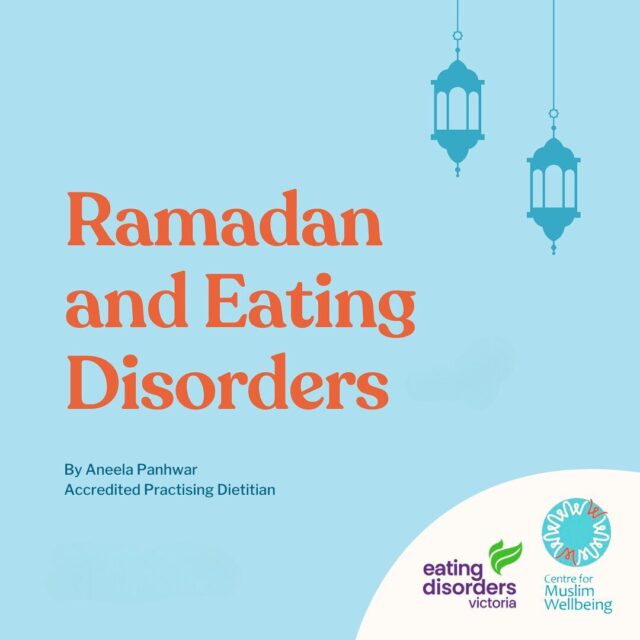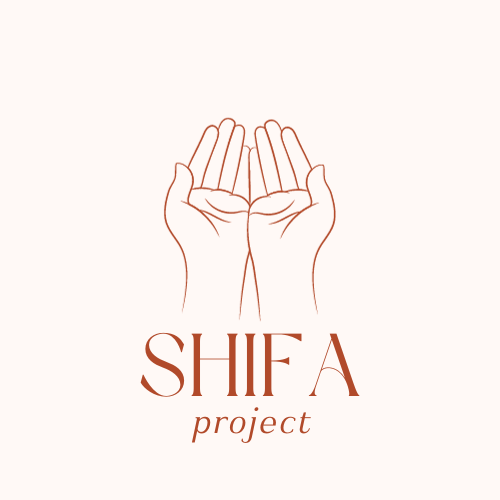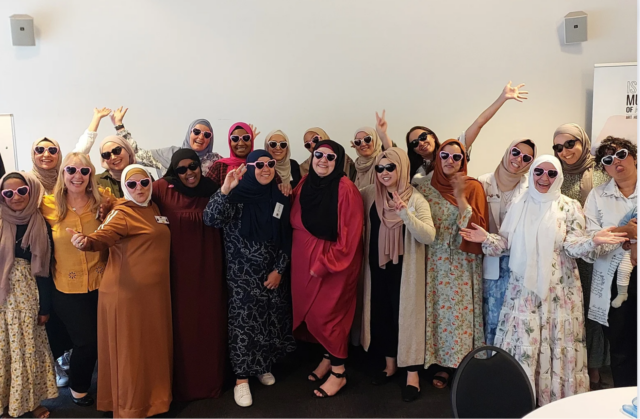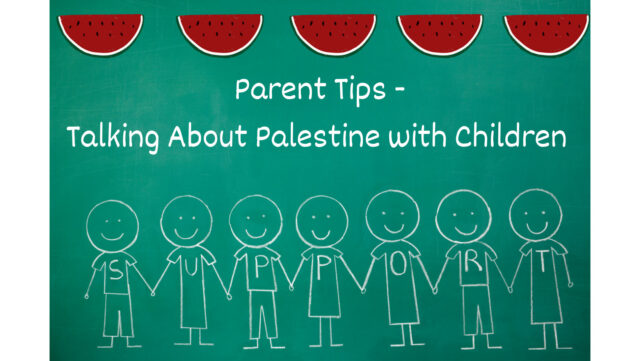What is play therapy?
Play is a child’s natural medium of expression. Just as adults use words to talk out their experiences, children use play. Toys are words for children. Children’s play is meaningful and significant to them. Play therapy is different from regular play because the therapist helps the child address and resolve their problems. Children learn to communicate with others, express feelings, modify behaviour, develop problem-solving skills, and learn a variety of ways of relating to others. Even the most troubling problems can be confronted in play therapy and lasting resolutions can be discovered, rehearsed, mastered and adapted into lifelong strategies.
In Play therapy the most important toy in the room is the THERAPIST. It is not what we do or say but rather how we are in the room with the child. It is the strength of the therapeutic alliance that has been shown to predict therapeutic success. This is just the same for children as it is for adults.
Play Therapy is an evidence-based approach founded on several psychological theories. It has been widely used in the UK and US and is fast gaining recognition in Australia as an effective intervention and therapy.
Benefits of play therapy?
- Play therapy helps foster the whole child focussing on all areas of development ie, social skills, emotional development, language and communication, fine and gross motor skills and much more.
- In Play therapy the child can fully express and explore his/her feelings, thoughts, experiences, and behaviours.
- Play therapy can help alleviate anxiety.
- Play therapy can help to develop self-awareness.
- Play therapy has been known to reduce behaviours of concern in children.
- In Play Therapy children can process traumatic events in a safe and supportive environment.
About the Author:
Gulcin Buyukyazici is a Psychologist who currently works at Mindcare Consulting (https://www.mindcareconsulting.com.au) and in a Primary School setting. She is passionate about early intervention in mental health. She incorporates Play Therapy and utilizes other expressive therapies like sand tray work and art/craft in her practice. She also provides workshops and training for schools and communities.







